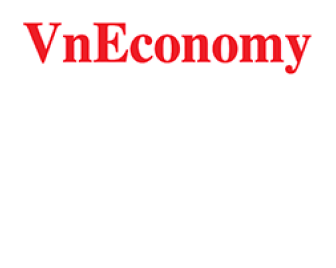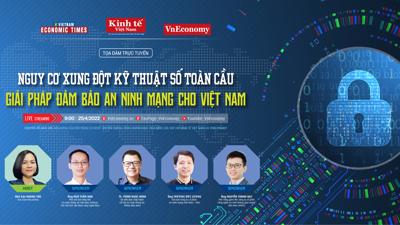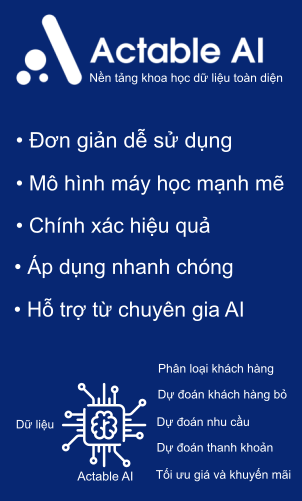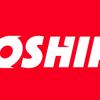Businesses' social responsibility
Dr. Nguyen Phuong Nam, a climate change assessment expert with the United Nations Framework Convention on Climate Change (UNFCCC), spoke with VET’s Ngoc Lan about the response of local companies to adopting environmental, social, governance (ESG) practices and offered solutions for effective implementation.

How do you view recent investments by Vietnamese businesses in ESG?
Investing with a focus on ESG practices is behind global trends in Vietnam. Investment based on such factors are primarily the domain of large foreign corporations, leading listed companies, businesses in the consumer goods sector, and those in highly-competitive markets that require brand enhancement.
The adoption of and investment in ESG practices are still in the early stages in the country. Even within those companies practicing ESG, it is common to see an absence of a balanced approach between the three individual factors of environment, social, and governance, despite the significance and role they play in a business development strategy. The root cause of the issue lies in the inadequate or even absence of a broad focus on ESG throughout the country.
Caution in regard to grasping global investment and business trends is typical of Vietnamese companies, who are largely waiting for clearer trends on ESG to emerge before making investment decisions. This reflects their traditional characteristic of being “slow but steady”. However, when the opportunity arises and clear trends are confirmed, especially when there is active participation by government agencies, strong commitments from financial and investment institutions, and shifts in consumer purchasing, investment in ESG by Vietnamese businesses will flourish.
What factors should businesses prioritize when pursuing ESG practices?
The prioritization and influence of the three factors within ESG are of equal significance. These are closely interconnected and impact the effectiveness of individual implementation.
When a business declares its readiness and commitment to invest with a focus on ESG, it is imperative that the company articulate specific objectives within each individual factor. These objectives must be selected based on the criteria of “Double Materiality”, a concept outlined in the standards employed in Corporate Social Responsibility and Disclosure (CSRD) for ESG practices. Selected objectives must be expandable and influence as many stakeholders as possible. No criterion should be encouraged if it does not have a broad impact.
What count among the main challenges faced by businesses when implementing ESG?
The associated challenges include limited access to information, insufficient support in resources, and a lack of market orientation, with information scarcity being the primary issue. Constraints on accessing information leave many companies that aspire to invest in ESG feeling unsure about how to actually carry out such endeavors.
Given that 98 per cent of Vietnamese enterprises are classified as small and medium-sized, their business management and data governance systems are still rudimentary. The execution of ESG-oriented investments involves both implementation and reporting. Limited access to information can lead businesses to be hesitant in constructing strategies, formulating plans, and organizing evaluations for the effectiveness of their ESG practices.
ESG implementation is a commitment and a long-term process stretching over years. When assessing the results of a company’s ESG activities, the progress made over time will be more highly-valued than attempts to achieve goals over a short timeframe. A prolonged effort in practicing ESG also serves as evidence of a company’s commitment to operating in a sustainable fashion.
What opportunities do you see for Vietnamese businesses in ESG development plans and strategies?
The global trend towards investment and business development focusing on ESG is now irreversible, as evidenced by the content and commitments of nations regarding the UN Sustainable Development Goals. The business community is a key part of the global community and also has a responsibility to contribute to collective efforts towards sustainable development.
ESG factors are regarded as a compass for businesses to assess their production and business activities and set future-oriented goals. Based on these goals and the results of their implementation, governments, investors, and consumers can comprehensively evaluate the responsibility of companies towards the environment and society.
Practicing and investing in ESG practices will undoubtedly pose a considerable challenge for many Vietnamese enterprises. However, it is important to recognize that this is also a substantial opportunity to rise within global supply chains. As the era of competing solely on low-cost advantages has passed, investors and consumers are shifting towards selective and responsible consumption.
Numerous reports indicate that Vietnam’s “golden” demographic period will soon fade, and the cost advantage will no longer be a strength of the country. Vietnamese companies must be acutely aware of this reality and adapt towards sustainable development as soon as possible.
How would you evaluate the Vietnamese Government’s policies and support initiatives aimed at attracting ESG-focused investment?
The government needs to implement the following practical policies and support measures to encourage businesses to invest with a focus on ESG.
Firstly, establish an official channel to provide information on ESG practices for investment, with businesses having easy access to implementation under government recommendations.
Secondly, inform the public and consumers about the long-term environmental and social benefits of products supplied by manufacturers practicing ESG.
And thirdly, provide guidance to businesses practicing ESG on identifying export markets with demand for products supplied by ESG-compliant manufacturers.
|
The momentum towards widespread ESG adoption is gaining traction among Vietnamese businesses. · 94% of surveyed companies demonstrate a clear understanding of the significance of sustainable development. · 51% have formally adopted ESG practices. Source: UOB’s Business Outlook Report 2023 |
|
In Vietnam, there have been noticeable changes, but these are yet to yield significant effectiveness across all aspects of ESG. The management of input materials remains lax: · Evidence of sustainability is lacking in 91% of businesses’ input materials, and they are not categorized according to ESG standards. · The figure at leading companies ranges from 23 to 29%. Vietnam’s goal of reducing carbon emissions has only been achieved by 10% of companies, which is considerably lower than its regional neighbors. Data presents a major obstacle, with 71% of businesses lacking sufficient knowledge on the necessary data for reporting. Source: KPMG Survey of Sustainability Reporting 2023 |



















